AIMS Center works to solve large-scale problems that benefit the economy and society through research on intelligent materials and adaptive systems.
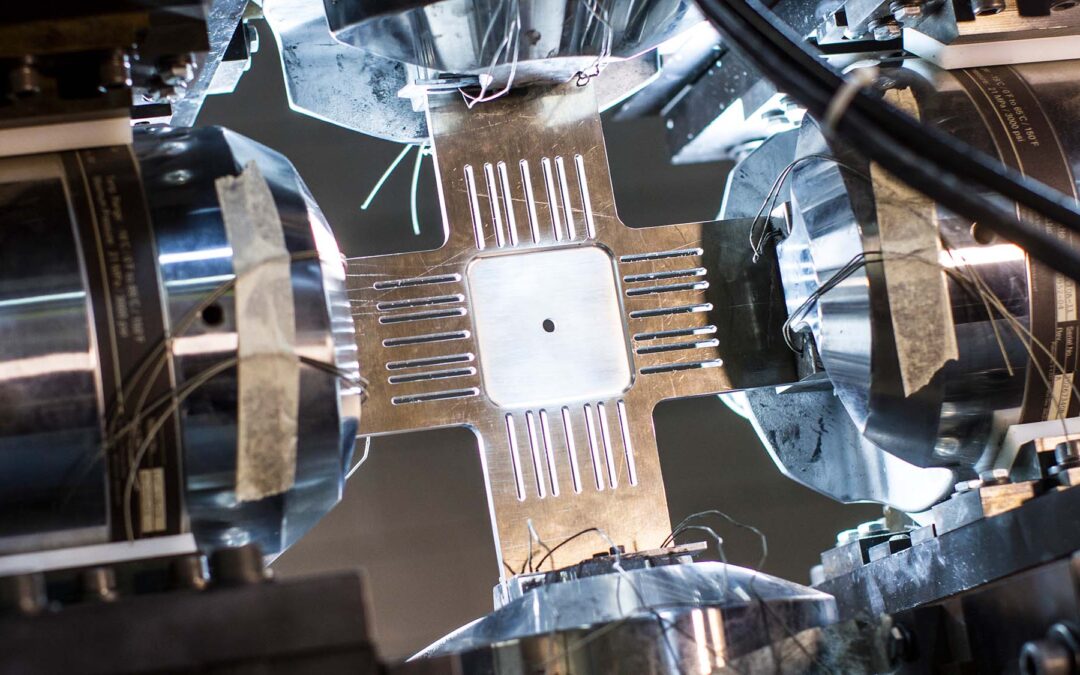

AIMS Center works to solve large-scale problems that benefit the economy and society through research on intelligent materials and adaptive systems.
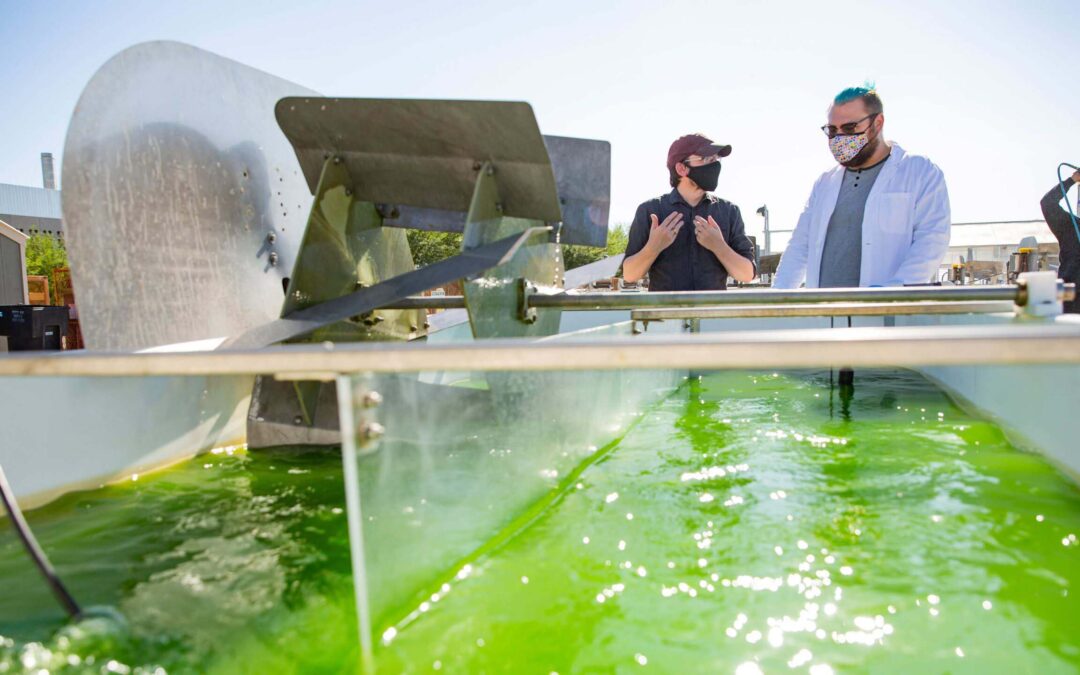
AzCATI harnesses algae technology to produce renewable energy, food, feed and other valuable products.
ACME focuses on research on devices, circuits and architectures, through strategic collaborations with industry partners.
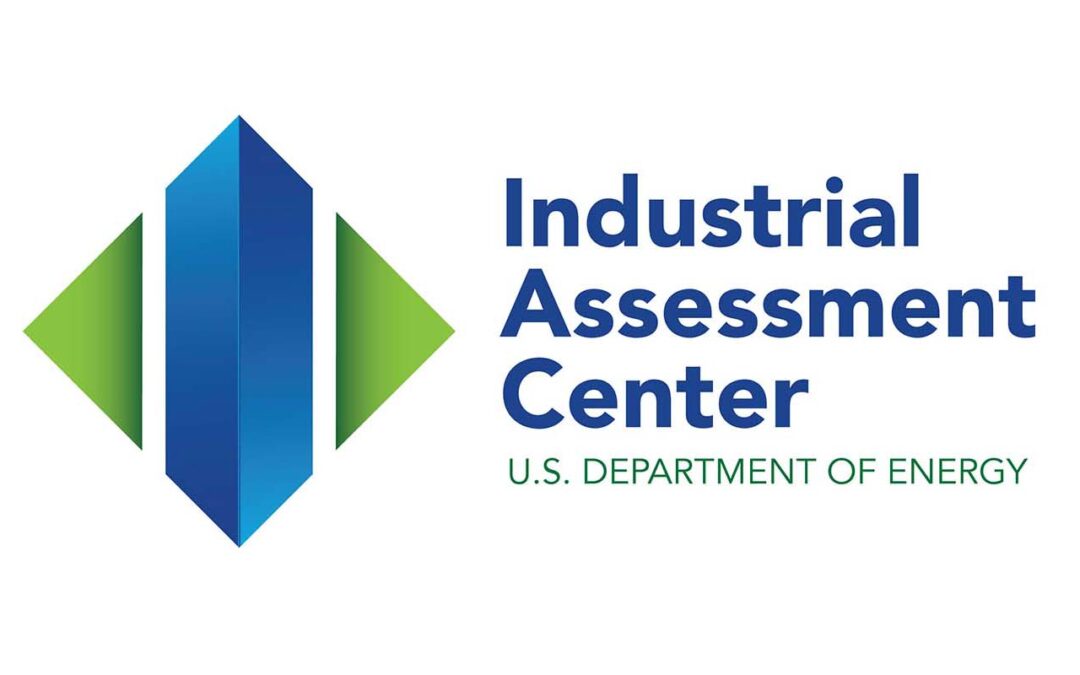
ASU Energy Efficiency Center is a DOE Industrial Assessment Center committed to identifying sustainable technology, systems, and productivity.
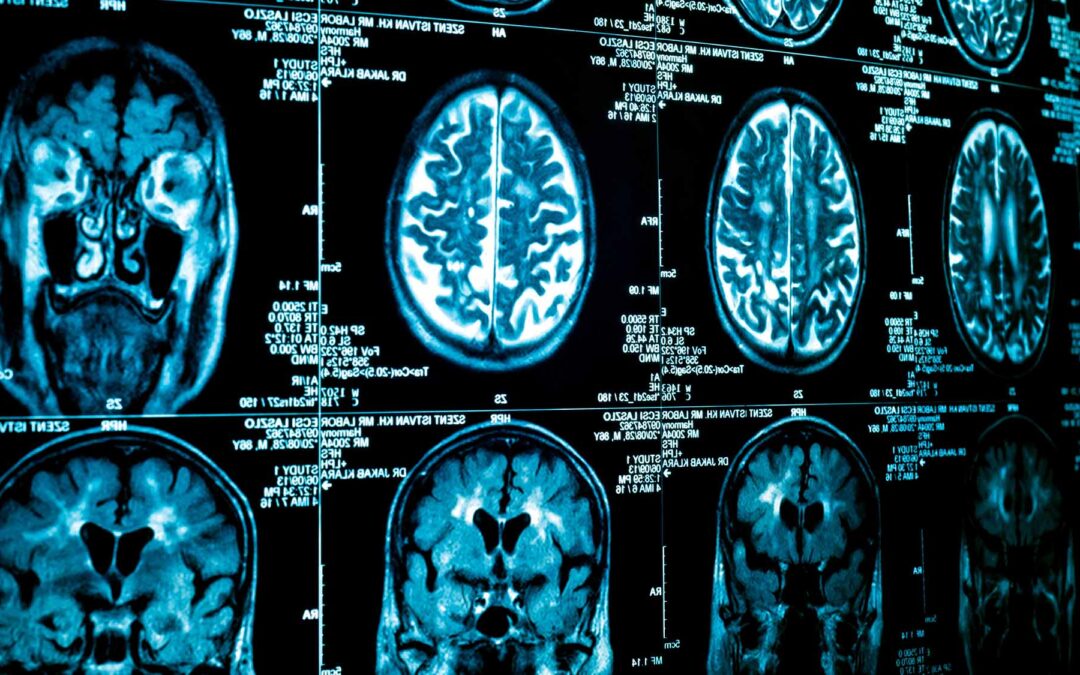
AMCII aims to improve patient care by developing innovative therapeutic technologies, imaging acquisitions, imaging analytic tools, machine learning, and artificial intelligence algorithms.

The ASU-Starbucks Center emphasizes research on developing greener stores, community betterment, food and wellness, and innovation test stores.

CAOE develops and applies advanced analytical tools and technologies to enhance planning, information sharing and real-time decision-making in homeland security operations.
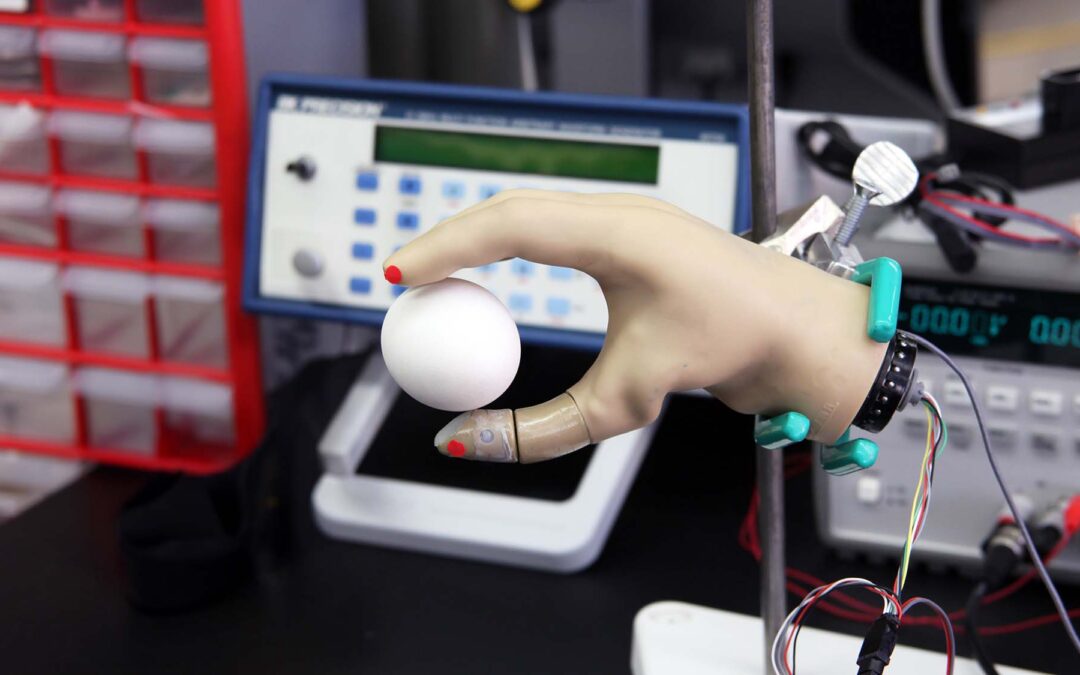
Driven by the needs of potential users, engineers and scientists at ANS are creating technology to offset the effects of spinal cord injury, orthopedic injury, Parkinson’s disease and cerebral palsy.

CASCADE bridges industry and academia, translating research in data processing and analysis into impactful technological solutions for sectors like energy, healthcare, security and finance.

CBSS translates insights between computer science and biology to understand and mitigate malicious behavior in complex systems, with application in managing cancer and repairing cybersecurity vulnerabilities.
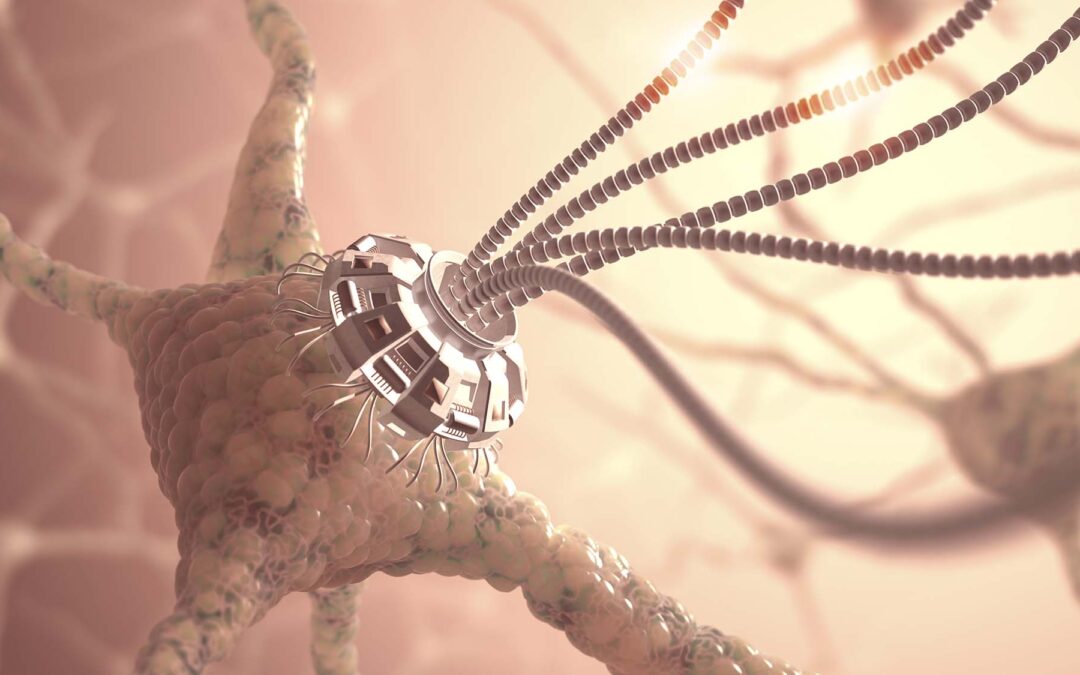
The BB Center aims to develop next-generation platforms to improve technologies in the health industries.
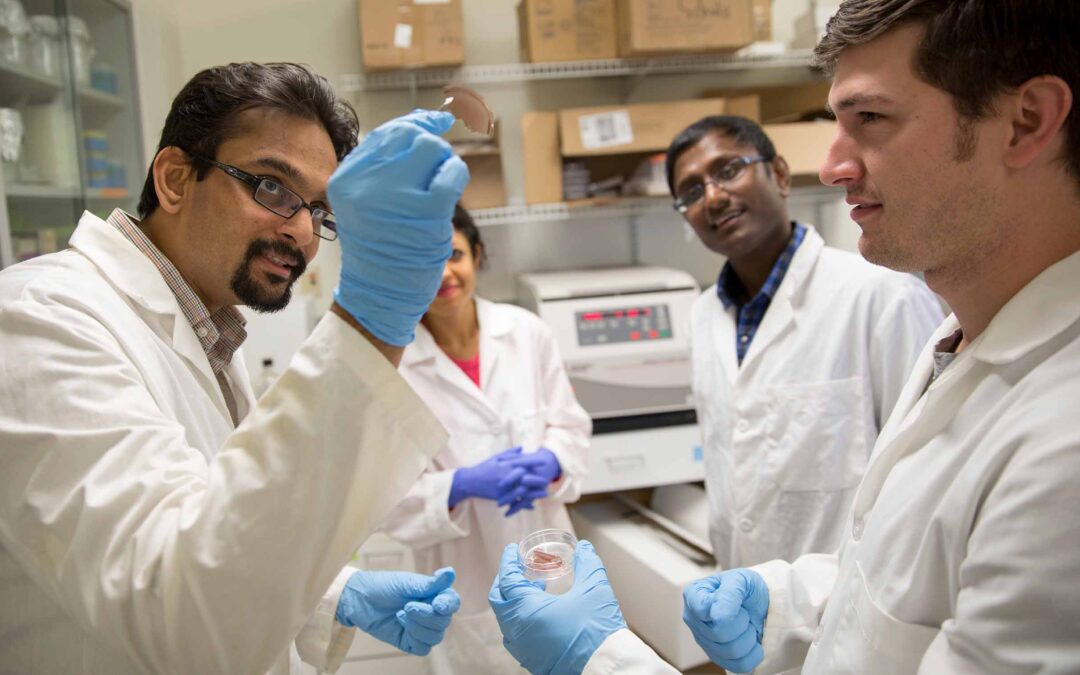
CBIT will transform the design, discovery and engineering of biomaterials, leading to translational technologies for advancing human health.
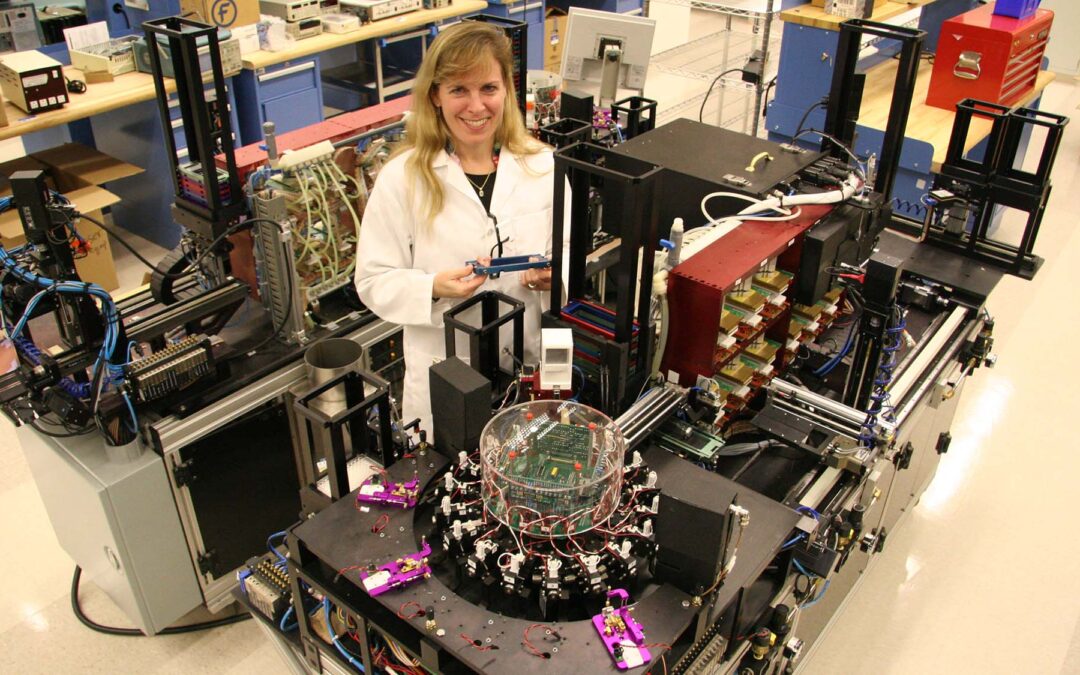
CBDA studies cell dynamics in diseases, technology for measuring cellular events and microorganisms’ responses to harsh environmental changes.
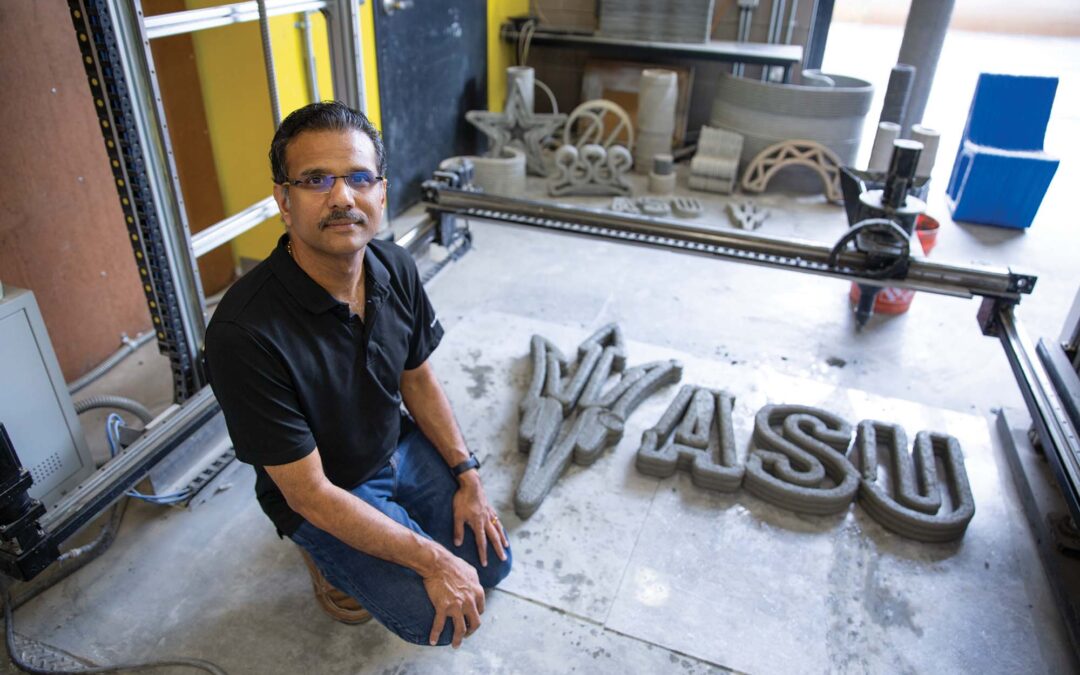
CAMMS aims to advance breakthrough technologies toward sustainable and efficient infrastructural materials manufacturing and infrastructure construction.
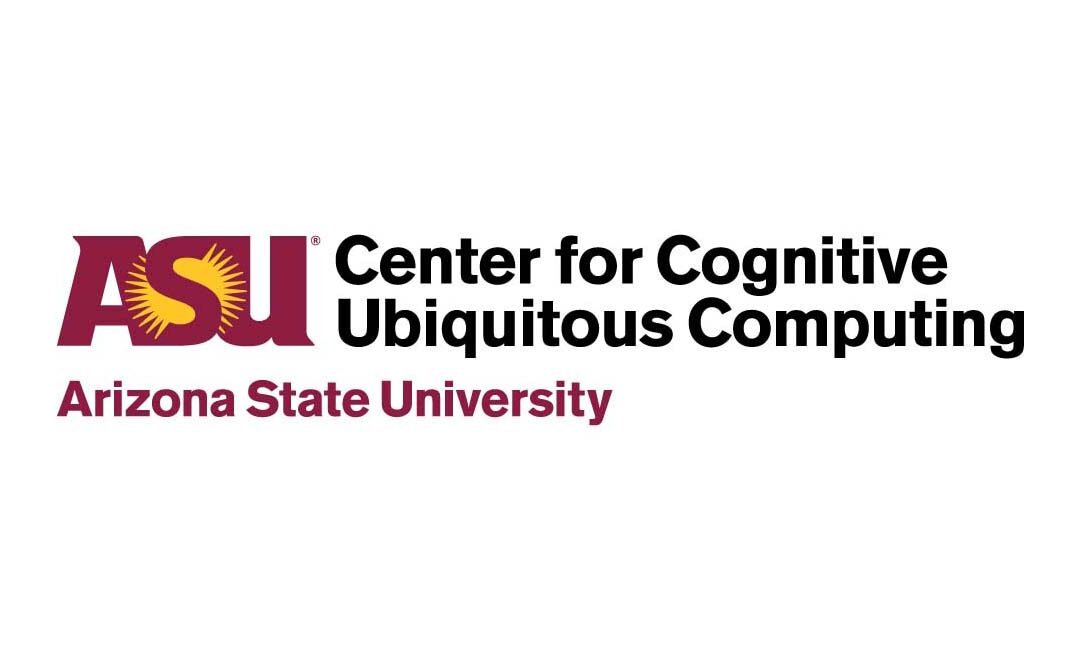
CUbiC facilitates multimedia computing through sensing and processing, recognition and learning, interaction and delivery to develop applications for assistive, rehabilitative and healthcare applications.
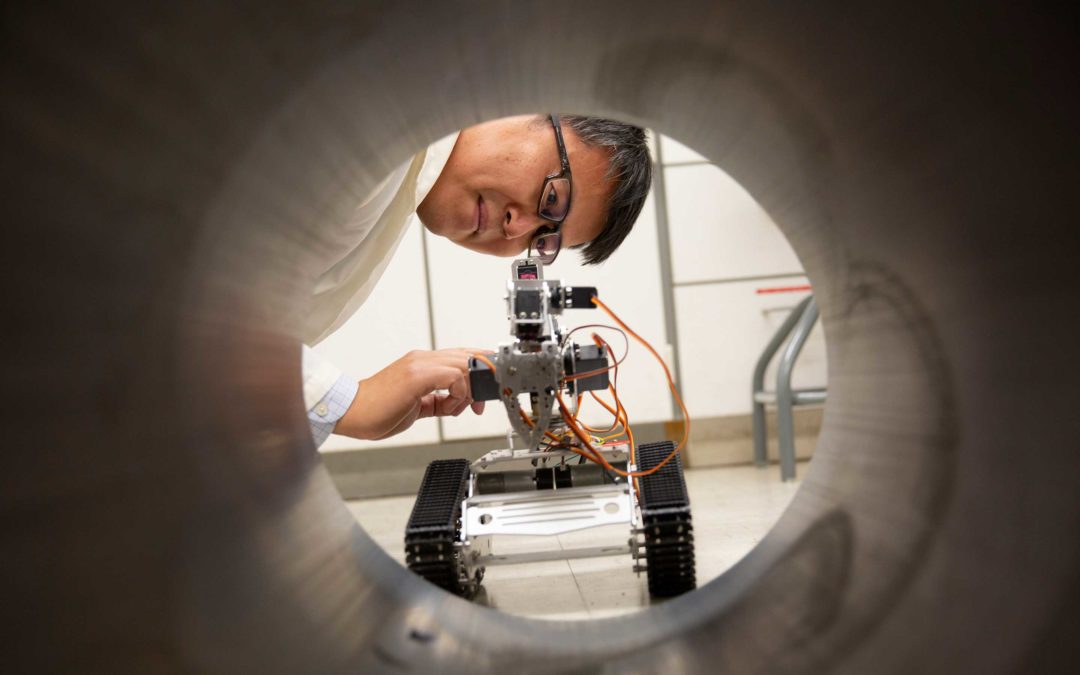
CCSS transforms safety assurance through prognostics-based risk management based on an approach combining information fusion, probabilistic physics-based learning, and large network computing and communication.
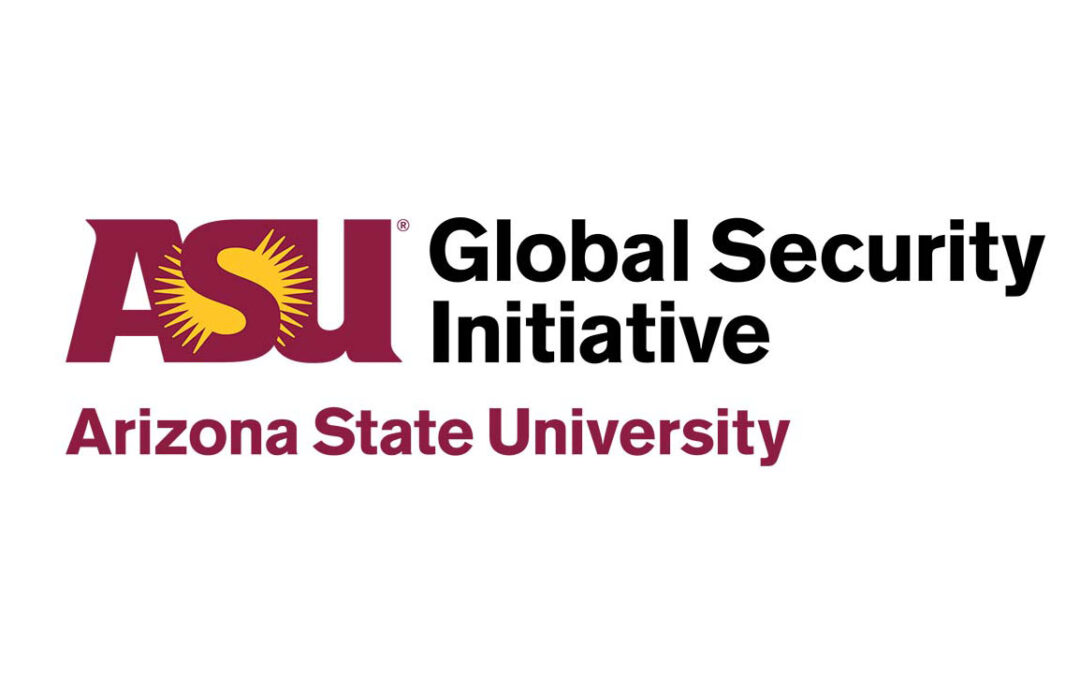
CTF focuses on developing the next generation of cyber-reasoning systems that can automatically find vulnerabilities, synthesize exploits, and create patches of real-world software.
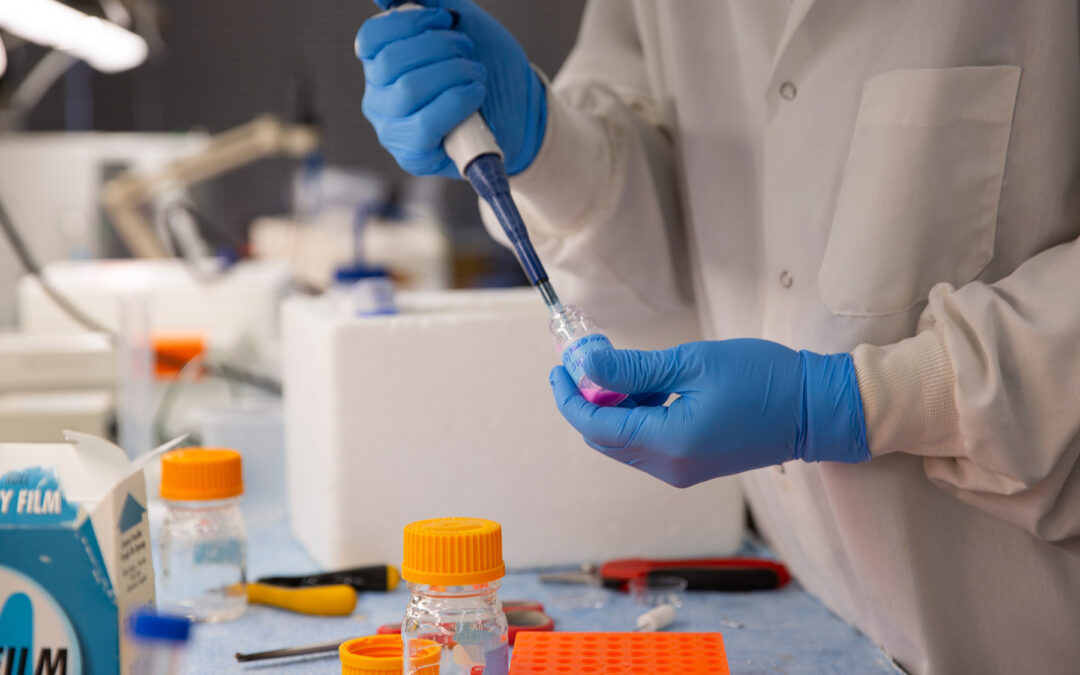
CEHS aims to better understand and manage key environmental determinants of human health and global sustainability.
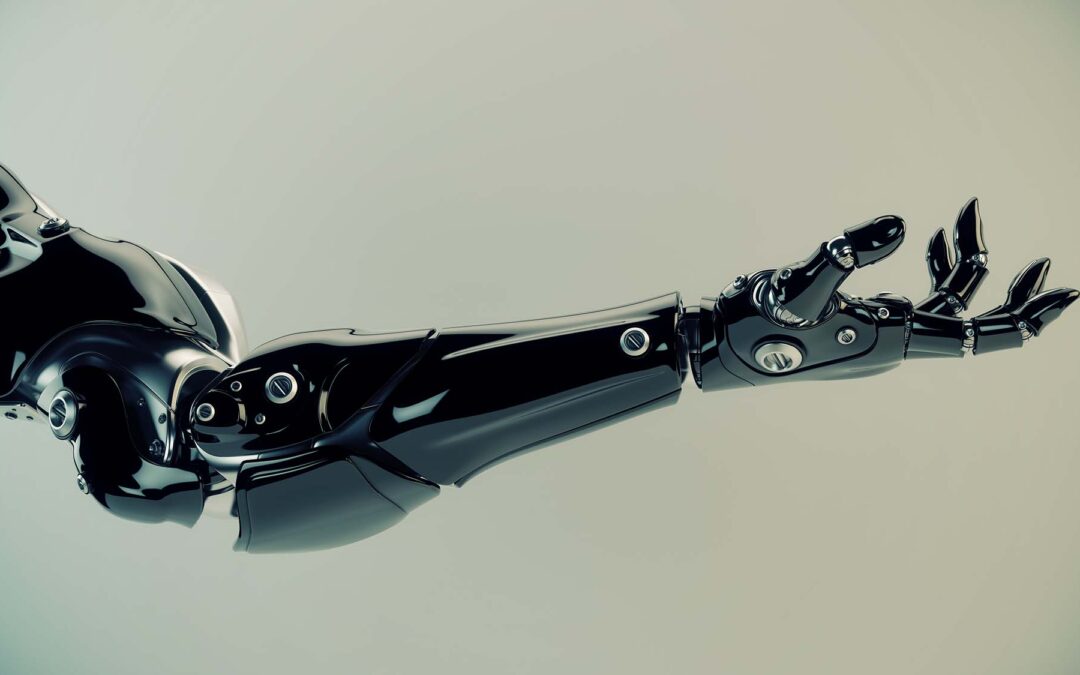
CHART focuses on developing methods to assemble the most effective human-synthetic agent teams in support of national security with a multidisciplinary approach.
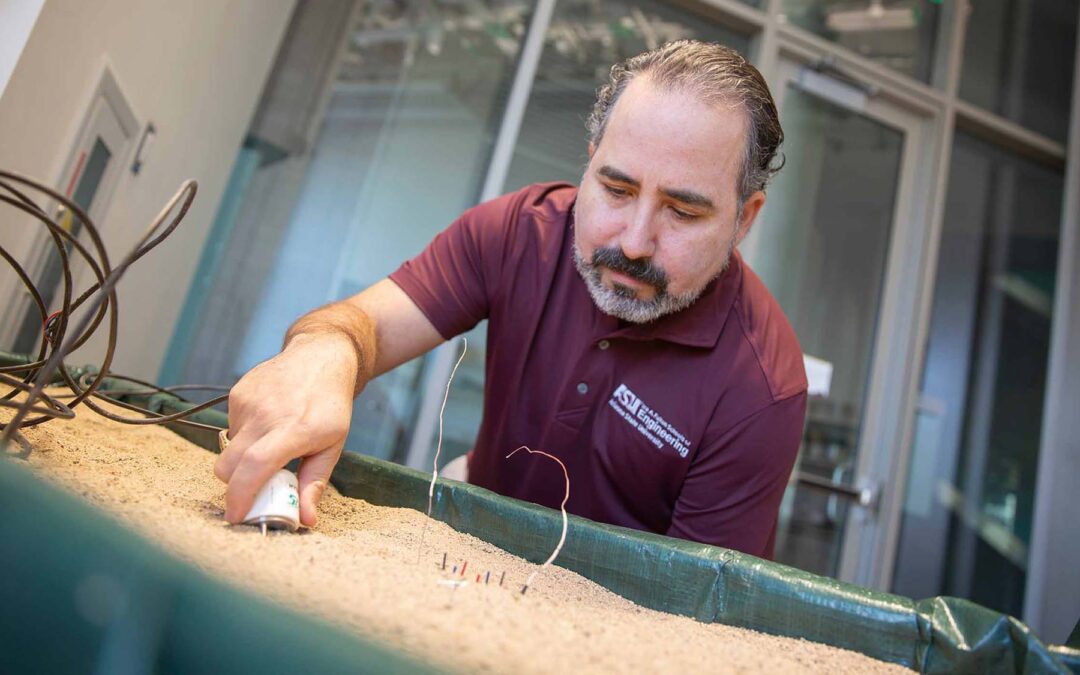
CHI focuses on water science and engineering that advances the mission of water managers and decision-makers for the benefit of industry and society.
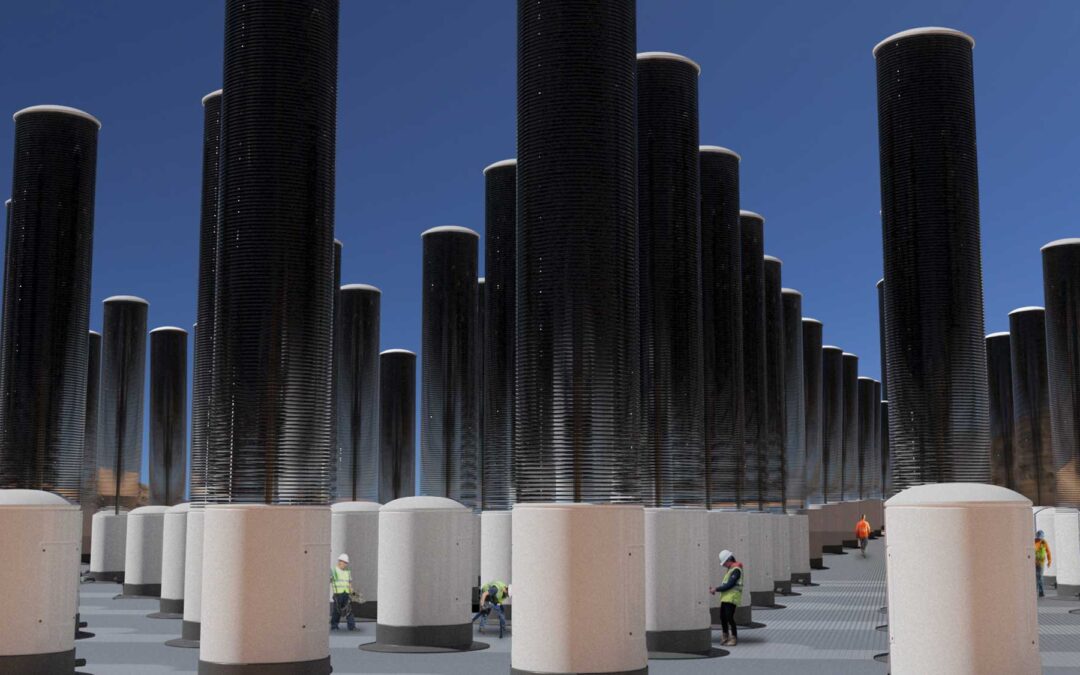
CNCE focuses on developing the next generation of carbon management technologies with a focus on carbon recycling and disposal and the economic and policy implications of air capture.
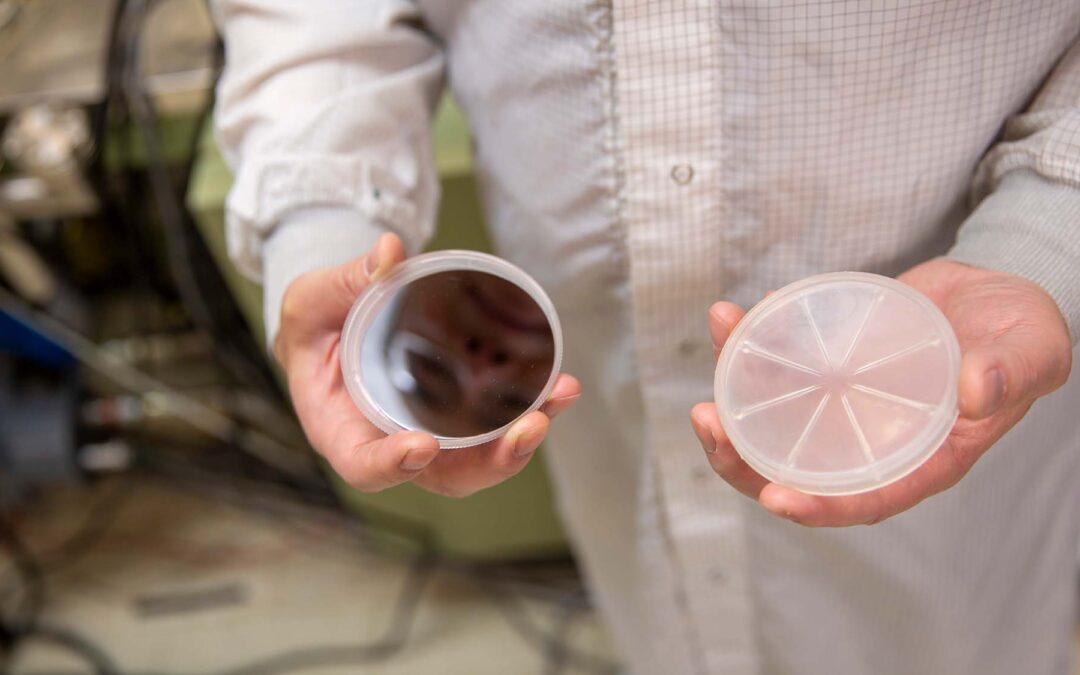
CPI focuses on research related to the fundamental study of photon-matter interactions and practical optical sensors for medical and biological impacts.

RARE JUSTICE is a nexus at ASU focused on the research and implementation of anti-racist technologies, educational practices and impact.
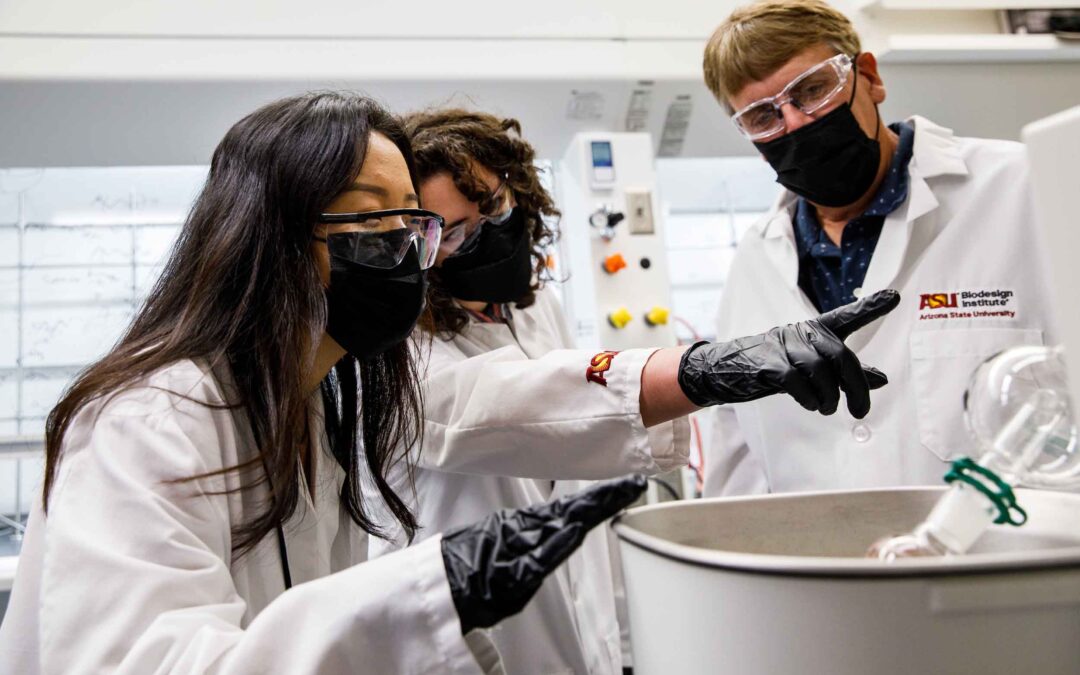
The Center for Sustainable Macromolecular Materials and Manufacturing will integrate the concepts of green chemistry and sustainable engineering practices across the continuum of materials innovation to provide the products we need for a sustainable life.
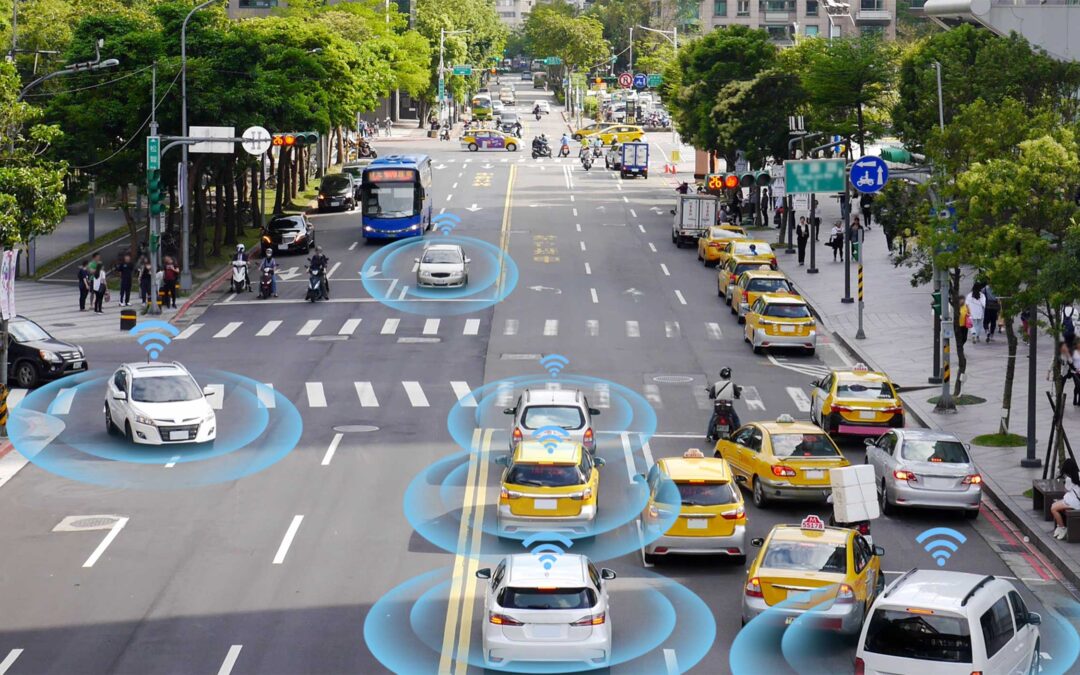
TOMNET is an ASU research center that focuses on developing and advancing transportation forecasting models for mobility of people and goods.
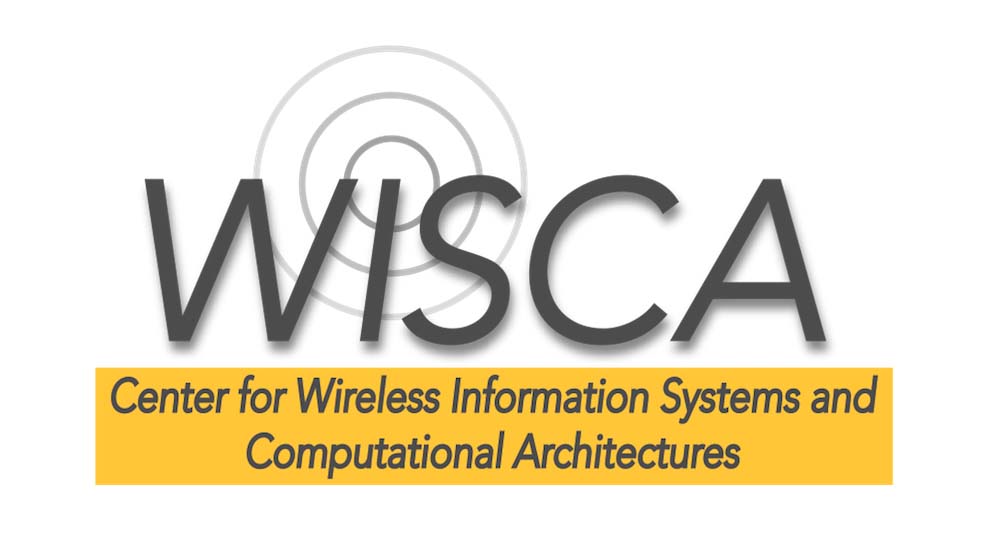
WISCA aids the development of advanced fluid protocols and mixed software-defined radios with hardware accelerators, based at ASU.
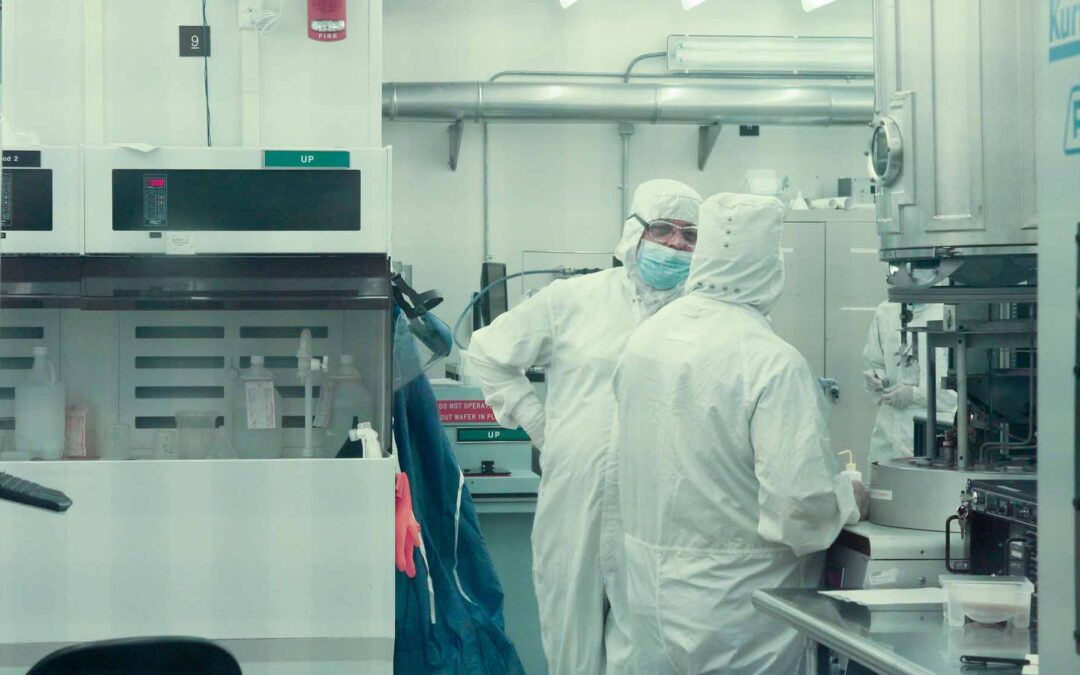
COE/E is funded by USAID with the support of the American people with a goal to advance Egypt’s energy transition to aid the country in reaching its target of utilizing 42% renewable energy by 2035.
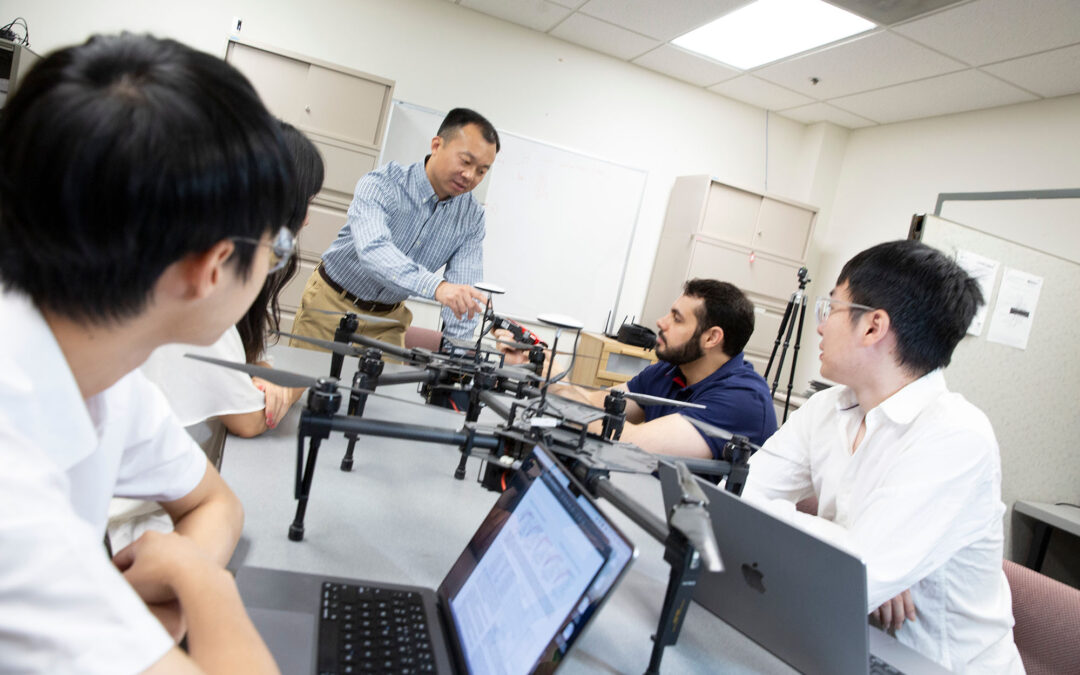
COE-FutureG aims to foster an environment conducive to research, education, knowledge dissemination, and workforce development, geared towards bolstering the U.S. military’s technological superiority in Future Generation Wireless Technology.
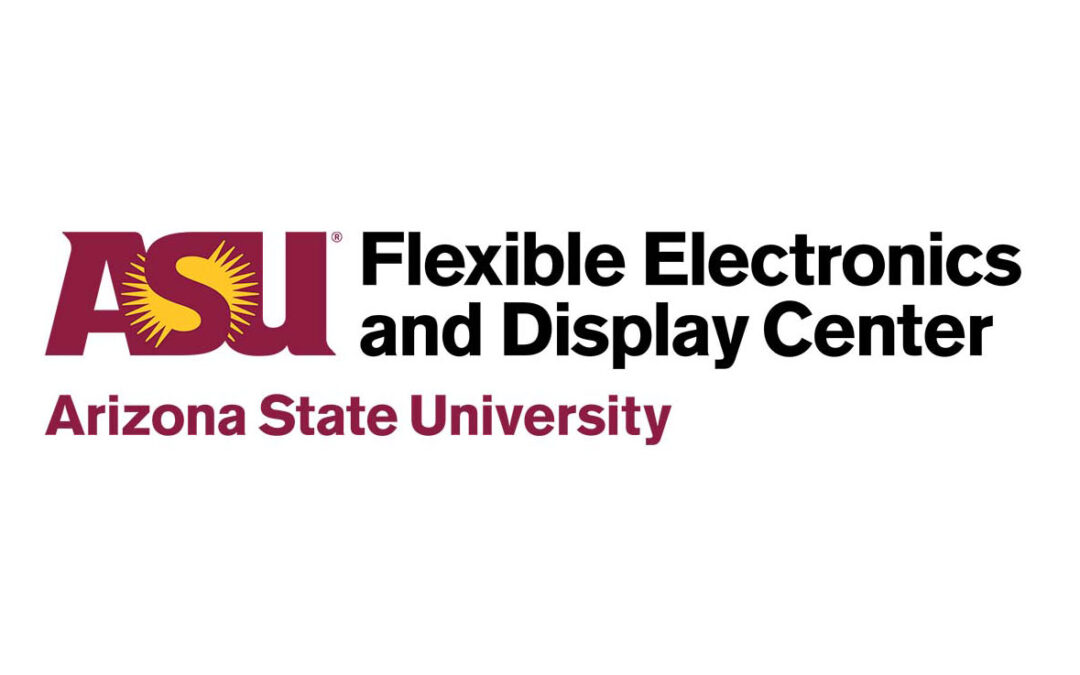
FEDC is an ASU research center that aims at bridging the resource-intensive gap between innovation and product development.
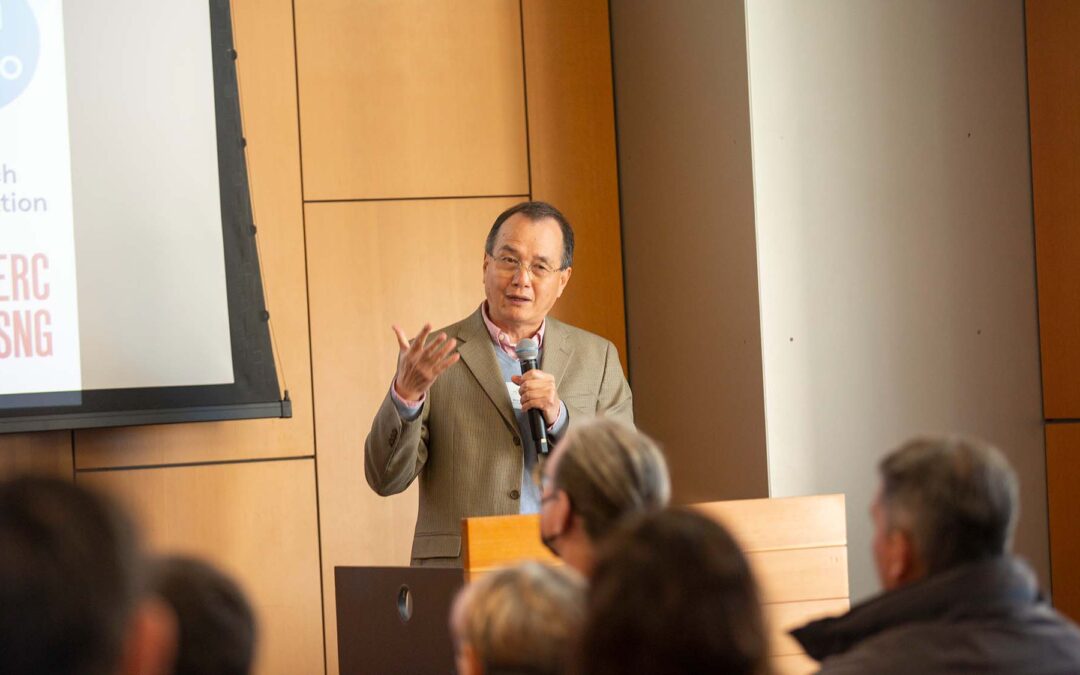
The HyPT Center establishes an international partnership of six countries to formulate a pathway to low-cost large-scale net-zero hydrogen production.

GSI is committed to advancing research in support of national and global security.

Metis Center at ASU focuses on learning how engineered and built systems are integrated with natural and human systems.

NCE SMART at ASU seeks to quantify complex climate-energy system interactions and develop cost effective solutions to reduce negative impacts.
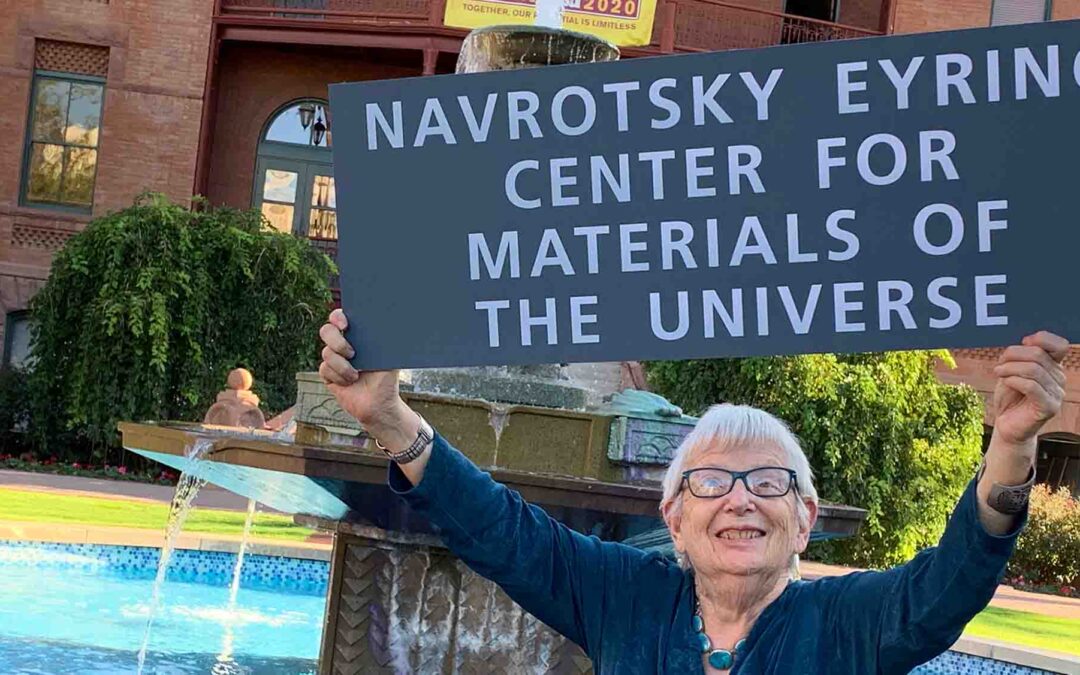
MotU attracts and inspires scientists across all STEM fields as it synergistically applies materials research methods and explores alien and extreme conditions and environments with the expectation of discovering new, useful materials and understanding the formation and evolution of planets.
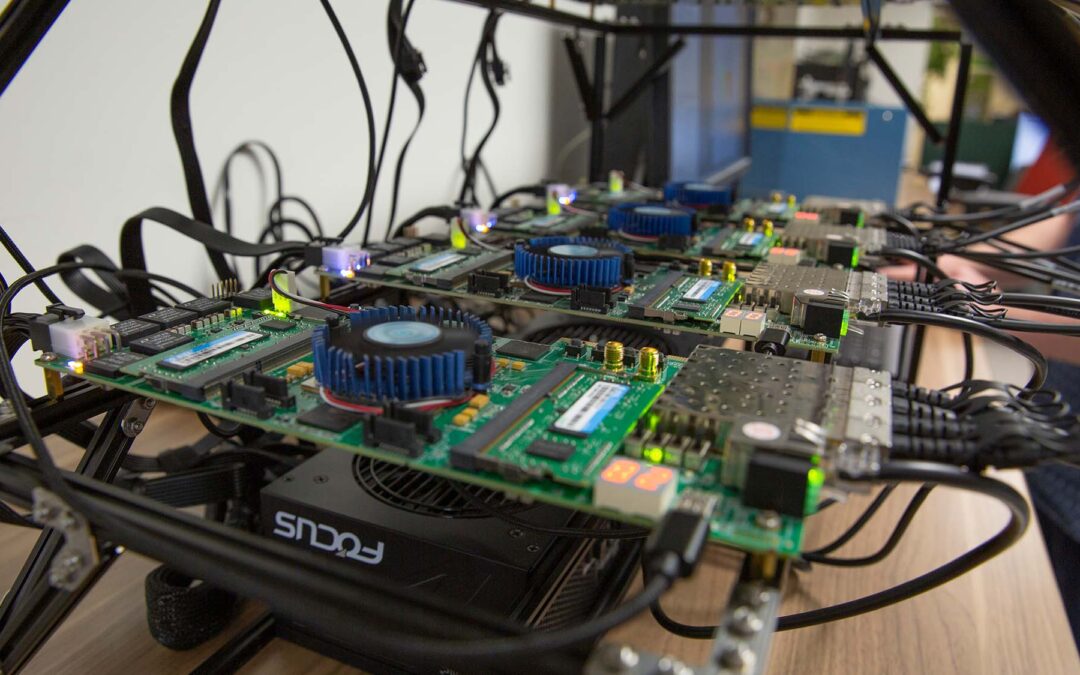
STAM focuses on active investigations of new microelectronics in the expanding landscape of the semiconductor industry.
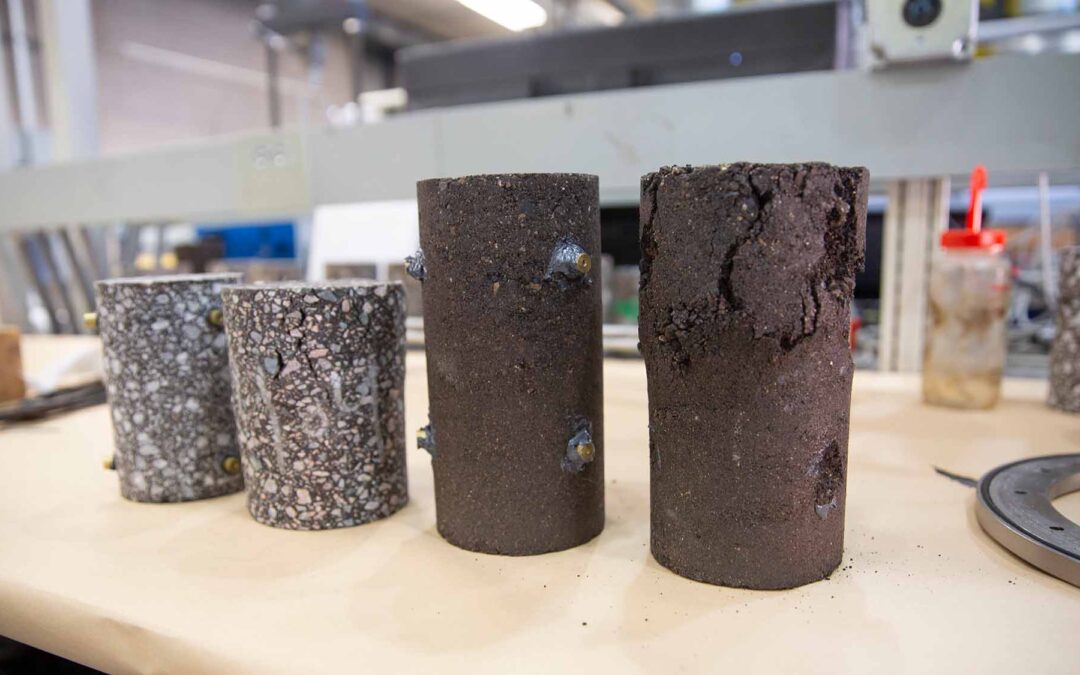
The SWPT is a collaborative platform to form a pavement alliance in the region and bridge the gap between university research and industry.
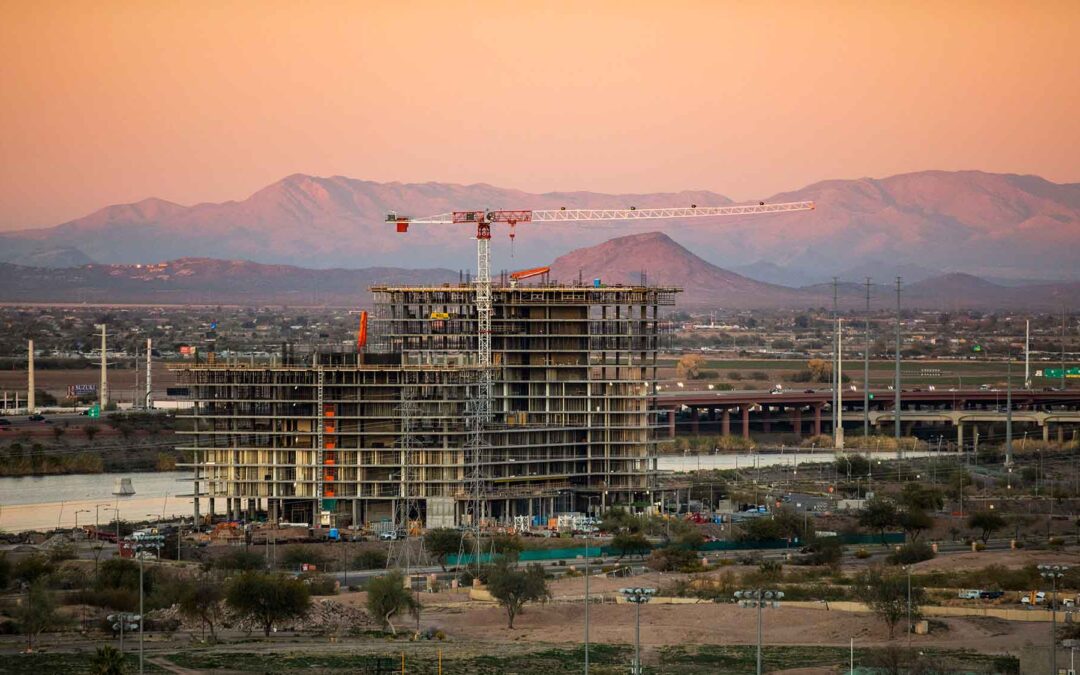
Southwest Urban Corridor Integrated Field Laboratory seeks to engage stakeholders and provide scientists and decision makers with high-quality, relevant knowledge capable of spurring and guiding responses to environmental concerns.
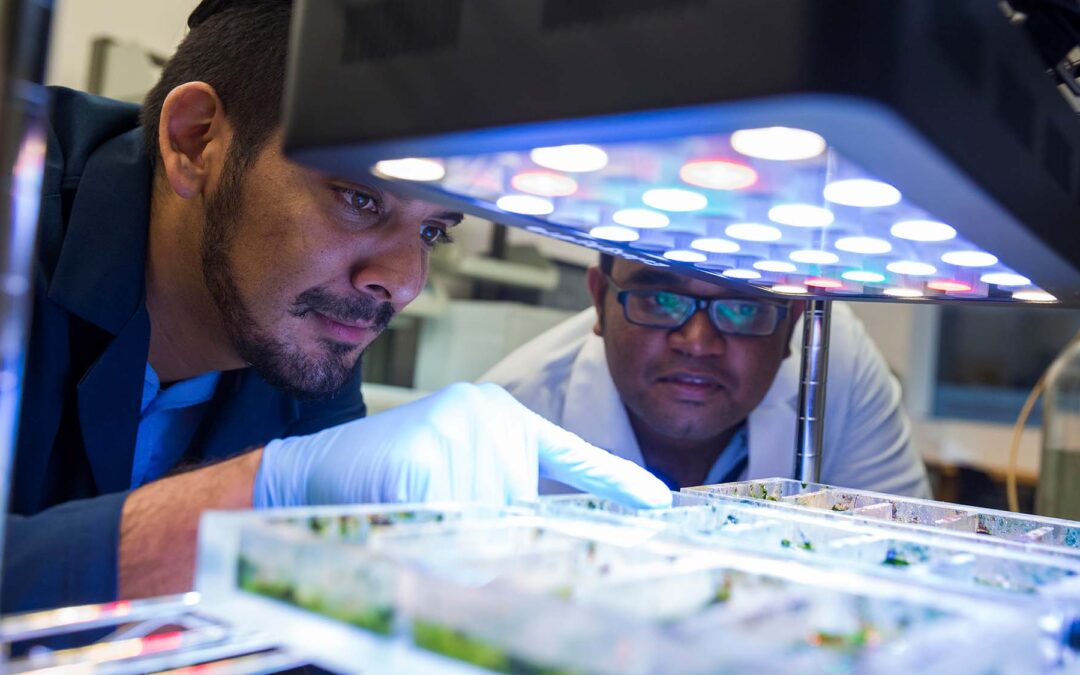
The Swette Center at ASU manages microbial communities that promote the environmental sustainability of our society.